TulsaWorld.com
It's been a long time coming for the Moody Blues. But they're back and they're ready to play.
"We've definitely played Oklahoma before, even back in the '60s. But it's been awhile," said singer, songwriter and guitarist Justin Hayward in a recent telephone interview. "Any man who's heard of Gene Pitney would be honored to perform in Tulsa," he said, then laughed, referencing Pitney's UK hit "Twenty-Four Hours From Tulsa," released in 1964.
At their show Tuesday in Tulsa, expect a lot of the trademark Mellotron sound. "It's important that we keep true to the original recordings," Hayward said.
Half of the show will be newer material, half will be early stuff, he said.
"They'll get all of it, our whole career," he said.
Hayward said the show has no opening act and the band will play close to 2 1/2 hours with a 15-minute break.
"Lots of audio-visual stuff," including archival band footage. "It's a 'whole' experience," he said.
And the band's been a "whole experience" for him, too. He knows little else - it's his life, he admitted.
"I was 19 when I came to the band," he said of joining the Moody Blues in 1966. "I gave it about two months."
And here they are, 45 years later.
"The lifespan of '60s bands was 2-3 years, tops."
But the band's turning point was an American fairy tale, as far as their success is concerned.
And it happed twice.
Both times, the Moodies were at the right place at the right time, and their music was exposed to two generations. The first was the British Invasion of the 1960s. The band's orchestral sound was perfect for the state-of-the art stereo mixes taking over a new medium - FM radio.
"A few things have coincided in our lifetimes to mean that we can still play anywhere today. We were also fortunate to visit the U.S. in 1968; that's when we really broke through," Hayward said about the British Invasion influx of bands - The Beatles, The Kinks, The Who, Herman's Hermits, The Yardbirds and more.
The "first seven," as they're called, are the band's first seven albums, which defined their trademark sound of symphonic-infused rock.
"Believe it or not, all that symphonic-sounding stuff on our first albums was just us making noise," he admitted. "We never played with a symphony then."
The second big break came nearly two decades later when the "MTV generation" was born, and the band released its video for "Your Wildest Dreams," from their album "The Other Side of Life," in 1986.
The band has stayed relevant because "We are a band that relies on original songs. We've also never been a part of the 'celebrity culture,' so we've stayed focused on our music," he said. "Honestly, other than those things, I have no idea why people still like us."
For the favorite time of his life with the band, he'd still have to go back to the very beginning, he said. "Our first album - we had nothing. Decca wanted a demonstration stereo album," to sell stereo equipment - and albums, he said. The symphonic sound of the band was a perfect fit.
"Material like 'Nights in White Satin' and 'Tuesday Afternoon' were the beginning of a long, slow success story," Hayward said. "But it's certainly been worth it."

